Quality and Regulation of Medicines in India: A Growing Concern for Public Health
In India, the sale of medicines that have been banned in other countries is a serious and persistent issue. Despite international regulations and bans on certain pharmaceutical products, these drugs continue to be sold openly in the Indian market. This highlights the weak regulatory framework and the lack of stringent enforcement within India’s pharmaceutical industry, putting millions of people at risk.
The Global Ban on Certain Medicines and Their Availability in India
Medicines that have been deemed unsafe or ineffective by global regulatory bodies such as the World Health Organization (WHO) or the U.S. Food and Drug Administration (FDA) are often still available in India. These banned drugs are either reintroduced into the market under different names or remain in circulation due to insufficient oversight and regulatory enforcement.
For example, medications that have been withdrawn for causing serious side effects, such as cardiovascular problems, liver toxicity, or neurological damage, continue to be sold in the country. Despite the global recognition of these risks, the Indian market remains a haven for such drugs, often due to loopholes in regulation and the absence of a strong enforcement mechanism.
Weak Regulations and Enforcement Challenges
The Indian pharmaceutical industry is vast, with hundreds of manufacturers producing and selling a wide range of drugs, both domestically and internationally. However, the regulatory framework meant to oversee the quality and safety of medicines is often insufficient to keep up with the scale of the industry.
Regulatory bodies like the Central Drugs Standard Control Organization (CDSCO) are responsible for ensuring drug safety, but challenges such as underfunding, bureaucratic inefficiency, and a lack of skilled manpower often prevent these organizations from effectively monitoring the market. This results in a situation where medicines that have been banned or flagged for safety concerns in other countries can still be easily accessed by consumers in India.
Furthermore, corruption and loopholes in the approval process sometimes allow pharmaceutical companies to bypass regulations, leading to the circulation of unsafe drugs. Without proper enforcement, pharmaceutical companies are able to prioritize profits over public safety.
The Impact on Public Health
The continued availability of globally banned medicines poses a significant risk to public health. Patients unknowingly purchase and use these drugs, often under the belief that they are safe, leading to adverse health effects. In some cases, these drugs may cause long-term harm, with severe side effects manifesting only after extended use.
Additionally, the widespread presence of substandard or unapproved medications undermines the credibility of the Indian pharmaceutical industry. Patients may develop a mistrust of local products, even those that meet global safety standards. This erosion of trust can impact the overall healthcare system, making it harder for patients to differentiate between safe and unsafe medicines.
The Need for Stronger Regulations and Transparency
To combat this growing problem, India must implement stricter regulations and ensure their enforcement across the pharmaceutical industry. This includes:
- Stronger Oversight: Regulatory bodies need more resources and personnel to monitor the production, sale, and distribution of medicines.
- Strict Enforcement: Pharmaceutical companies that violate safety standards or circumvent regulations should face stringent penalties.
- Public Awareness: The government and health organizations should increase awareness about the risks of using unregulated medicines, encouraging patients to consult with healthcare professionals before taking any new drug.
Stronger regulations will not only protect the health of Indian citizens but also improve the global reputation of the Indian pharmaceutical industry.
Conclusion
The continued sale of globally banned medicines in India is a pressing public health issue. Weak regulations, lack of enforcement, and corruption within the pharmaceutical industry allow unsafe drugs to reach consumers, undermining public trust in the healthcare system. To safeguard the health of millions, India must reform its regulatory framework and ensure that only safe and effective medicines are available in the market.
Consumers should stay vigilant and consult healthcare professionals to avoid the risks of unregulated drugs.
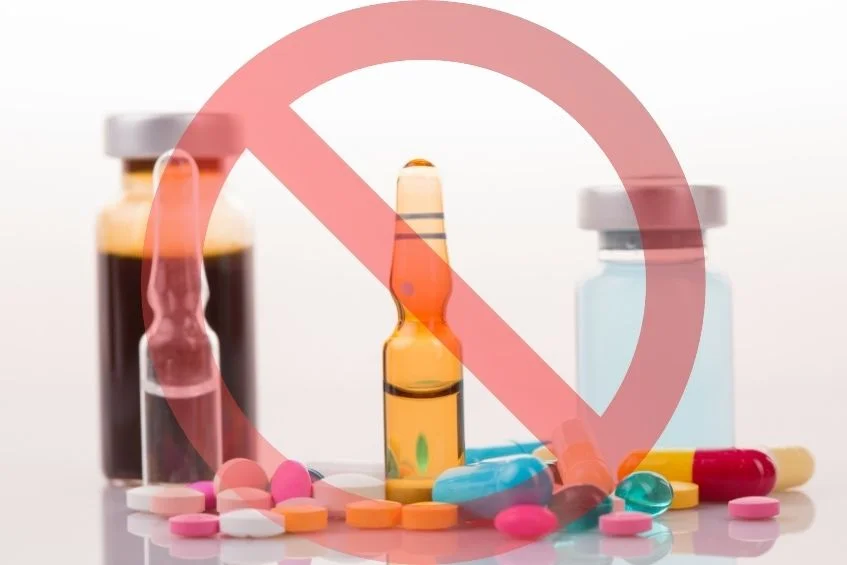
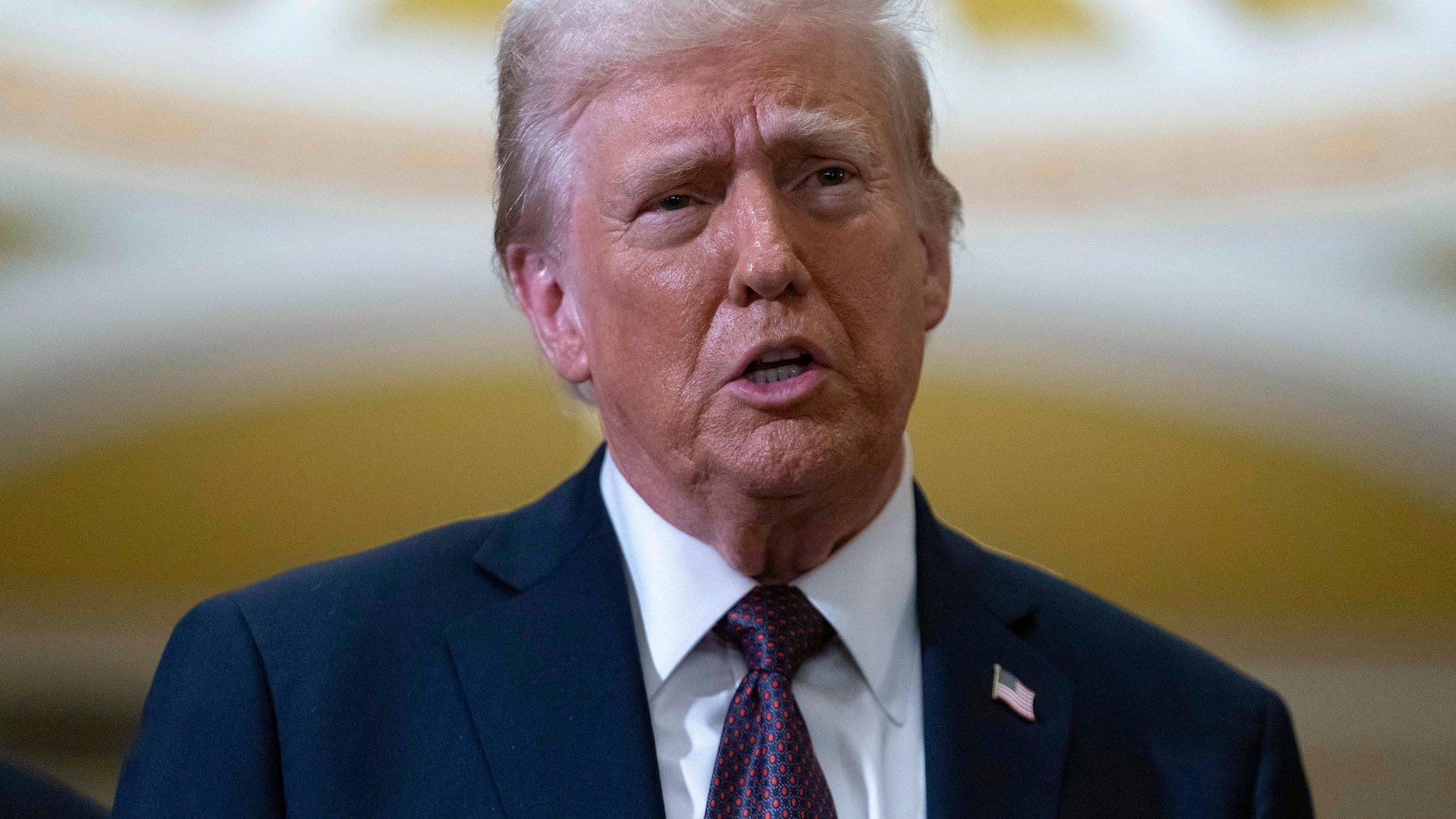
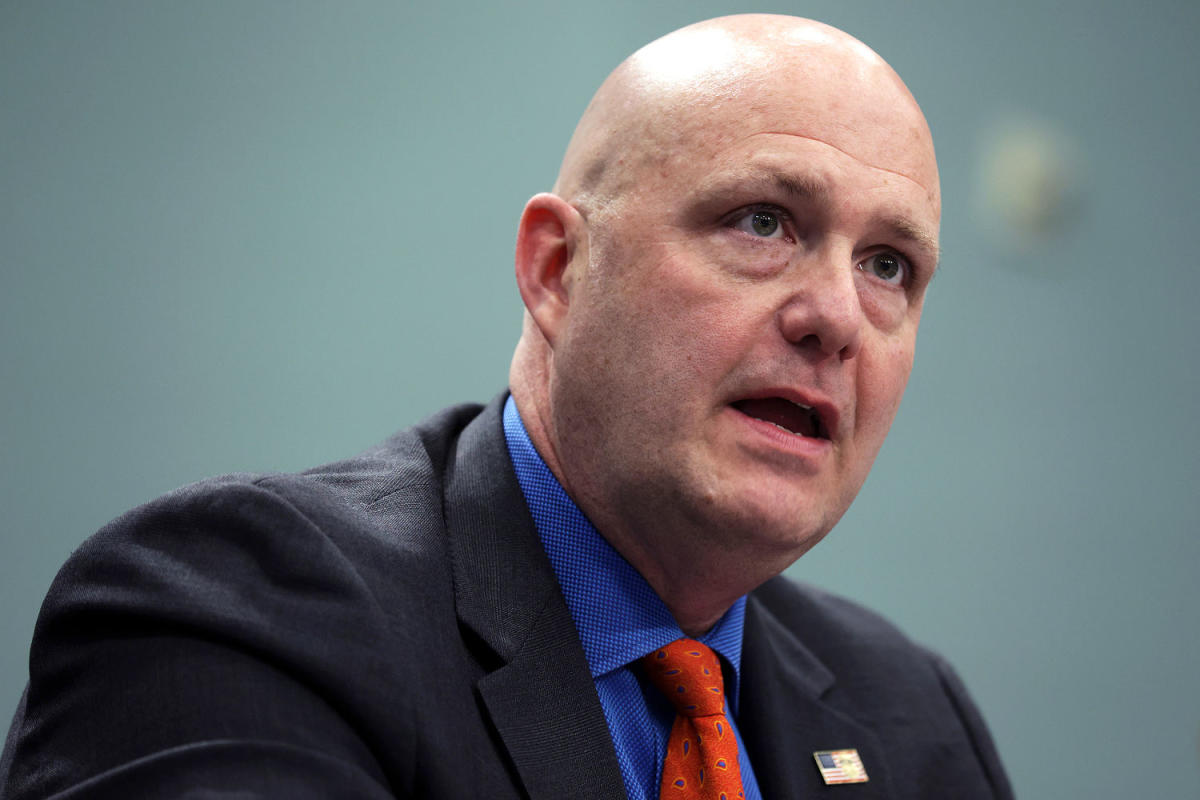
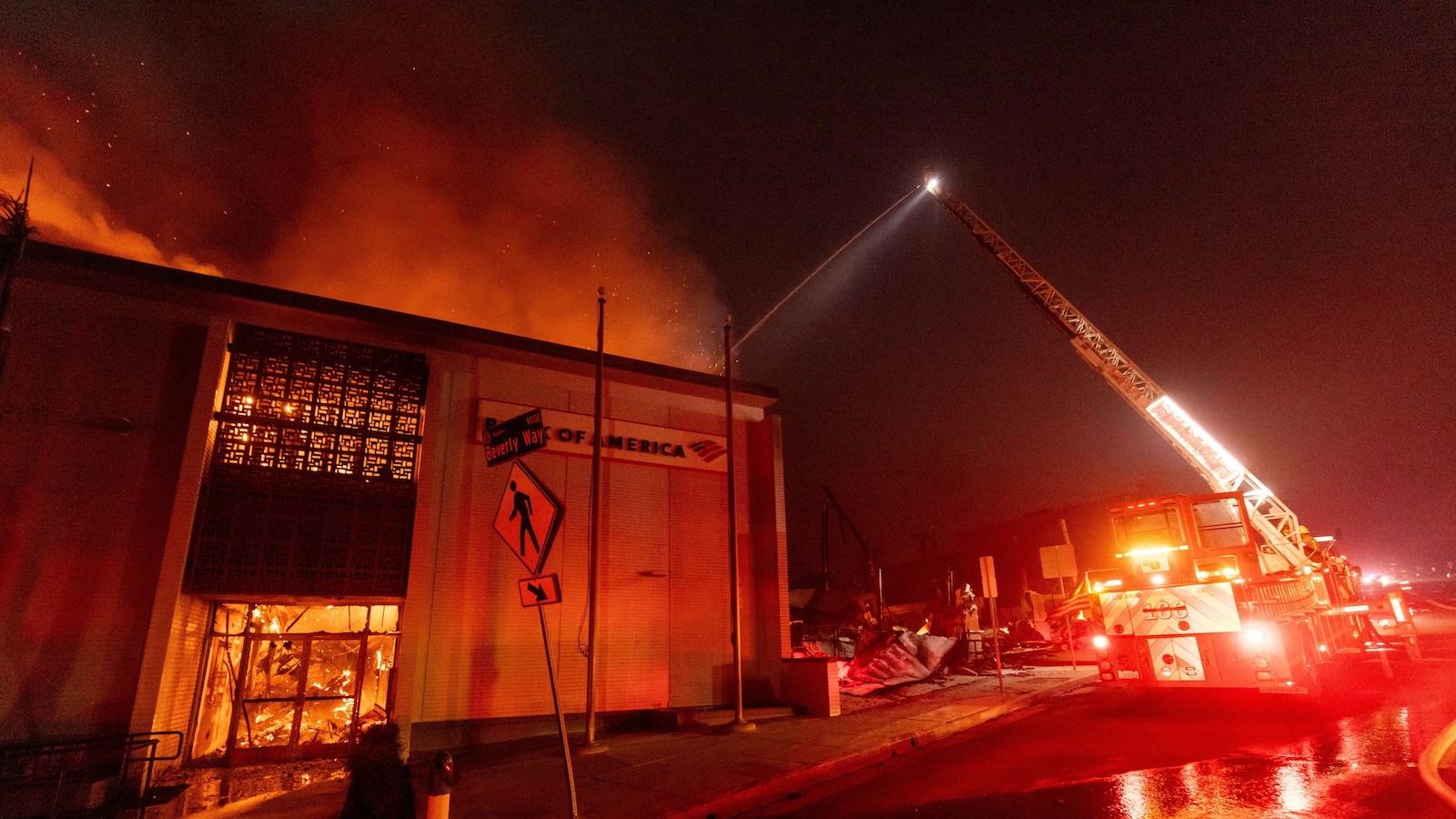

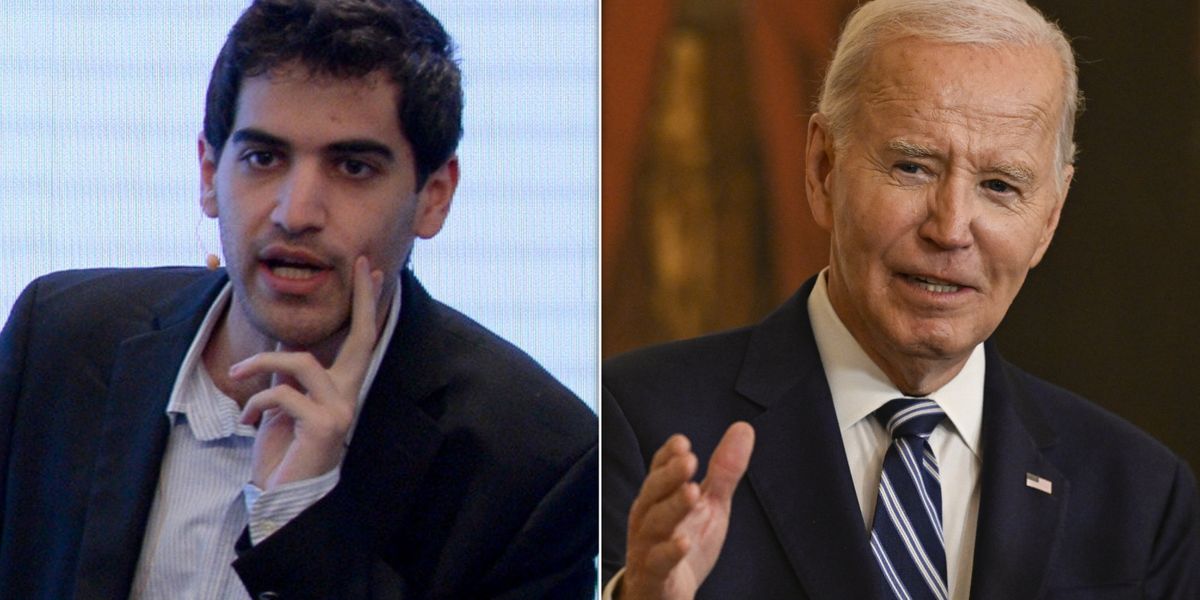

Leave a Reply